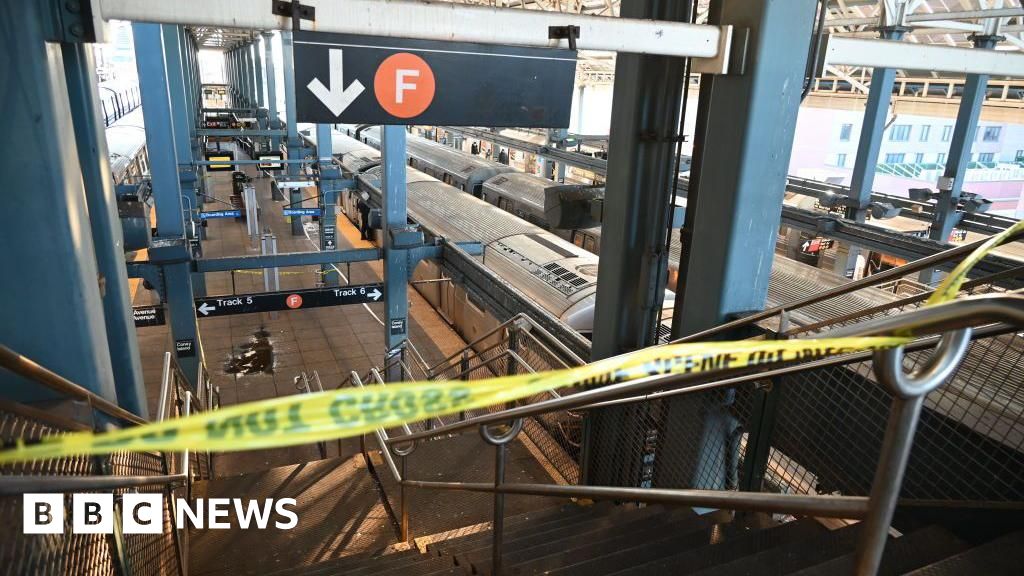Abuja, the federal capital, is pulsating, energised by the flurry of activity brought on by the dynamism of the Minister, Barr. Ezenwo Nyesom Wike. For most city residents, it is a welcome development, especially after the laid-back eight-year tenure of the immediate past occupant of that office.
Before now, Abuja was littered with uncompleted projects and others that the contractors had abandoned. The excuse was the paucity of funds. But the minister’s audacity made it clear that the available funds trapped in the Treasury Single Account (TSA) were more than enough to keep the business of managing the city’s affairs on an even keel and the contractors busy. What was required was for the minister to earn the confidence of President Bola Ahmed Tinubu in that regard.
On assumption of office, the minister approached the President and made a case for the exit of the Federal Capital Territory Administration (FCTA) from TSA to pave the way for access to FCT’s internally generated revenue for project execution. President Tinubu granted his request, which has ensured a more robust financial base for the administration to implement much-needed projects.
It needs be stressed that before now, FCT enjoyed the status of a state devoid of the bureaucratic structures that are in place in other states. Wike corrected that anomaly by implementing the FCT Civil Service Commission Act of 2018. This was part of the effort to strengthen the administrative structure of the FCTA and ensure improved welfare and staff career progression. The Minister sought approval for the immediate implementation of the FCT Civil Service Commission Act, which was passed into law in 2018. The FCT Civil Service Commission has now a renowned public servant as its chairman. In addition to this was the FCTA Head of Service appointment as well as those of nine Permanent Secretaries.
The minister recognised the immense potential of women in national development which inspired him to create a mandate secretariat of women’s affairs and appoint a secretary. Hitherto, that position was non-existent. In the process, a vacuum that had remained yawning was filled. In the words of Wike, “No meaningful development can be achieved in today’s world without including women in governance.”
As part of President Tinubu’s renewed hope agenda in the FCT, the Minister also embarked on rehabilitating and reconstructing dilapidated schools with a flag-off event in the FCT School for the Gifted in Gwagwalada. A total of 19 schools are scheduled for rehabilitation, with 21 more earmarked for same in the 2024 budget.
Determined to ensure that no ongoing project is abandoned in the FCT, Wike has completed the abandoned road projects within the city centre and others like the Vice President’s official residence. He identified impediments to the completion of the projects, such as poor funding due to low revenue generation. With that realisation, he rejuvenated revenue-generating efforts in the federal capital, part of which was the enforcement of the legal provisions for the payment of outstanding ground rents and taxes in the FCT. Through this innovative process in the IGR sector, he ensured that funds were available for utilisation to complete ongoing and hitherto abandoned projects.
Until now, development in the rural areas of the FCT has been, at best, slow. But the FCT Minister, on the assumption of office and with the support of the President, embarked on the construction of at least five-kilometre roads in each of the six Area Councils of the FCT. The roads that were deemed very important were identified by the stakeholders in the FCT Area Councils.
We are delighted to point out that work is currently ongoing on these rural roads, which are scheduled to be completed by the end of this year. When completed, the roads will improve security in rural areas and access to markets and farmlands. They will also encourage the development of rural areas, thereby reducing rural-urban migration in the FCT.
In our opinion, the minister’s effort to combat insecurity in the nation’s capital is much more fundamental. He held a series of stakeholder engagements with the FCT Area Councils, where far-reaching decisions were made to tackle the threats posed by insecurity in the territory. One such decision was to donate 100 motorcycles to the various security agencies to be used for policing the rural and semi-urban areas of the capital territory.
It is pertinent to recall that more than 40 years after its creation, the FCT is finally set to have a functional rail transport system. The minister embarked on the rehabilitation of the vandalised rail tracks and renovation of the train stations, as well as the provision of access roads and parking lots to the train stations in the FCT. The Abuja metro line is among the projects that were commissioned and opened to the use of the public by the President recently.
We commend the minister’s determination to make a difference in the capital city. Even more importantly, his sagacity has enabled him to remain focused in spite of political detractors’ antics.

 6 months ago
46
6 months ago
46
















 English (US) ·
English (US) ·